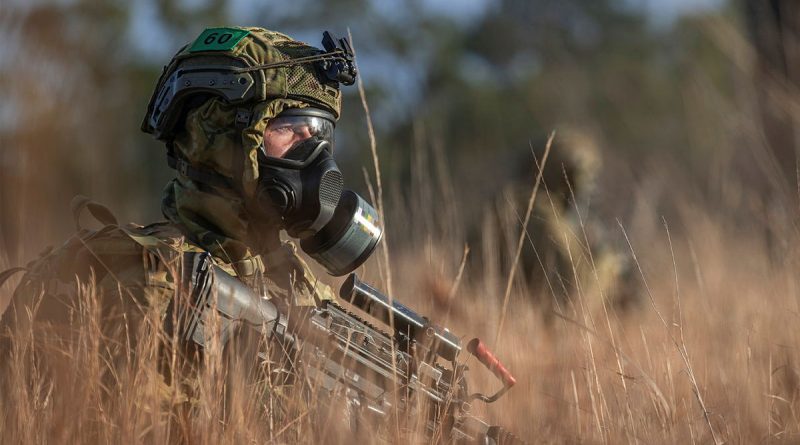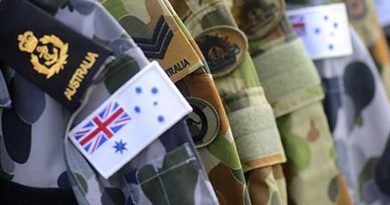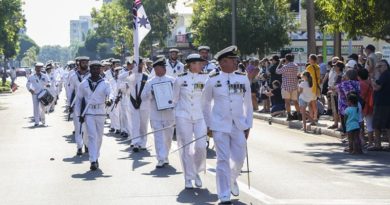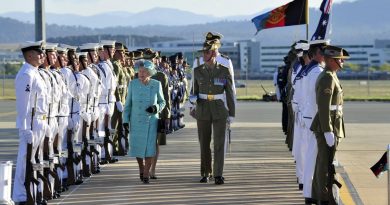New protective kit being tested

Soldiers from the 7th Combat Brigade have been trialling the ADF’S new chemical, biological, radiological and nuclear (CBRN) protective equipment.
CAPTION: A soldier from the 6th Battalion, Royal Australian Regiment, patrolling during a simulated chemical, biological, radiological, nuclear survival training exercise at Townsville Field Training Area, Queensland. Story by Captain Taylor Lynch. Photo by Corporal Nicole Dorrett.
With training serials conducted in the Townsville Field Training Area, participants experienced the challenges of operating while wearing extra protective equipment and simultaneously dealing with non-conventional chemical threats.
Sergeant Mark Burgess, of the 2nd Combat Engineer Regiment, outlined the updates to the new equipment and how it better-protected soldiers on the battlefield.
“There have been some great improvements with the new Low Burden Mask, including a better field-of-view for soldiers while conducting engineering tasks, driving our fleet of vehicles, or conducting general soldier duties,” Sergeant Burgess said.
“The fit is achieved a lot easier, and the straps around the mask achieve a better and faster seal around the soldier’s face.
“The new masks come with an enhanced voice amplifier, too, making it easier for soldiers to communicate with each other.”
Sergeant Burgess described the training soldiers had been undergoing in the new kit.
They familiarised themselves with the gear first and progressed to using it while under fire from an enemy.
“The trial team has been training in the full protective dress state 4, which includes wearing the over-boots, trousers, jacket with hood, both sets of gloves, the Low Burden Mask, and the haversack,” Sergeant Burgess said.
“We’ve been driving vehicles, doing patrols, search tasks, as well as chemical threat surveys, which will eventually be rolled out across Army as an All-Corps responsibility.”
Sergeant Burgess said the threat of CBRN attack continued to evolve, making the equipment update essential for all members of the ADF.
“Wherever there is a chemical, biological, or radiological threat, this kit will be issued to protect soldiers from a surprise attack,” he said.
“It will allow them to survive in a chemical-affected area while they withdraw, regather and go through decontamination.”
.
.

.
.





